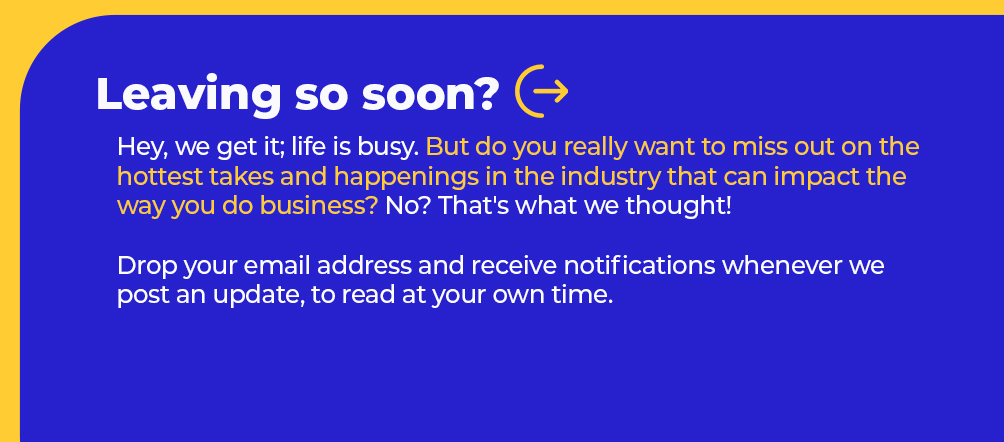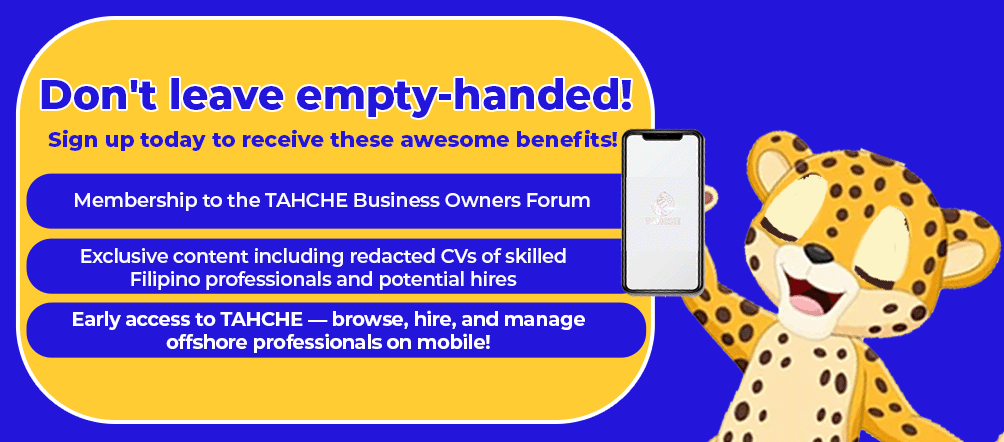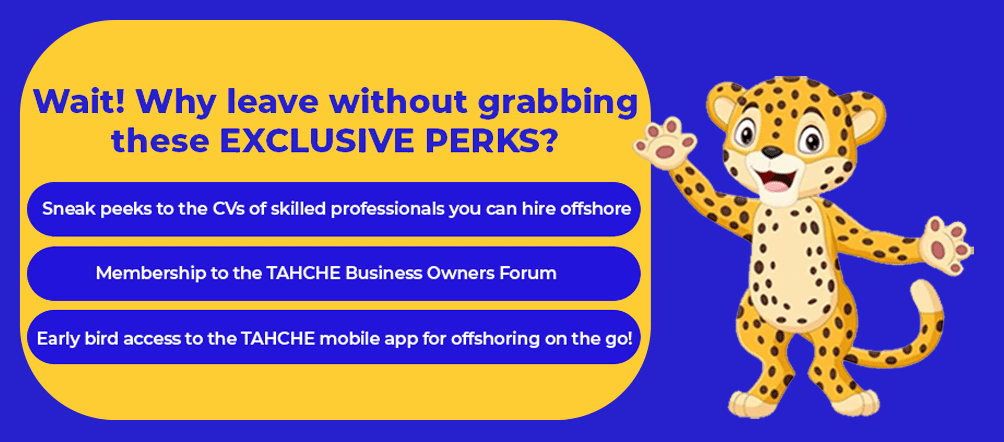Communication and Productivity: Managing Offshore Teams Remotely
Offshoring (aka the practice of hiring a business team located in a different country) has become a widely accepted practice that helps organizations expand their operations and work with specialized talents that would otherwise be impossible to find or access onshore. However, given its remote nature, communication with offshore teams can be a significant issue that affects productivity. Cultural and language barriers, different time zones, and lack of face-to-face interaction can lead to misunderstandings and miscommunication that severely impact a project’s outcome.
Effective communication is essential to ensure that projects are completed on time, on budget, and with the expected quality.
So how do you achieve it when you’re miles away from your team?
Here are five ways to do it.
5 Effective ways to communicate and manage your offshore team

1. Set clear communication standards
It’s important that from the very beginning of your working relationship, you already establish your standards for communication. This includes the following:
Identify your official communication channels. Do you want to contact your team via international calls or would you rather exchange emails or use apps like Slack, Zapier, and Viber? Having official communication channels lessens the chances of lost and misdirected messages and ensures that you are always on top of any issue your team raises.
Create a systematic communication process. Meet with your team and identify the circumstances when they need to communicate, how they will do it, and who they will contact. Immediately, this streamlines the communication process. It minimizes irrelevant communication. It lets you avoid indirectness when you explicitly identify required information. It allows you to pinpoint the person in charge of an issue as it escalates. And finally, it saves your inbox from clutter if an incident is minor enough to not require your attention.
Document important exchanges. Important exchanges include project details and instructions, incident reports, performance reports, and the like. Often, documentation takes the form of writing. Documenting important exchanges avoids the loss of essential information and allows team members to go back to instructions if necessary without any additional steps or repetition from your part. This way there will be no excuses moving forward with regards to project knowledge.
2. Provide training on the use of communication tools
With the many communication tools available today, it’s common for team members to lack expertise in a specific platform. That’s why investing in training is crucial. By providing training on your chosen communication tool, you empower your team members to utilize it effectively and leverage its full potential. This is especially important if you’ve paid for additional features. For instance, if your tool offers team chats and an archive, simply having that information at hand streamlines communication and eliminates the need for repetitive direct messaging to multiple individuals involved in a particular issue. Prioritizing training ensures efficient communication practices throughout your team.
3. Encourage two-way communication and practice empathy
To be an effective manager, you need to be good at both giving and receiving feedback. Encourage two-way communication so that you get a more holistic understanding of an issue being discussed. Your team members are the ones in the field, so they probably have valuable insights to contribute.
Embrace empathy, especially when collaborating with a remote team. Although it can be challenging, it is all the more important in this arrangement. Recognize that your team operates within a significantly different context and culture, which may result in a distinct communication style. Take the time to actively listen and understand their concerns from a broader perspective. Foster a strong and open relationship with the team by demonstrating flexibility in addressing their issues. By practicing empathy, you create a supportive environment that promotes effective collaboration and enhances team dynamics.

4. Provide a conducive work environment
At least once in your life, we’re sure you’ve experienced trying to work in less than perfect conditions. Imagine when you had to work when the AC wasn’t working during summer. Perhaps you had to sit for long hours using a low-backed chair that had your muscles strained and hurting throughout the day. During those moments, were you not distracted and upset?
When your team does not have an environment conducive to work, they are less likely to be productive and communicative. They are prone to distractions, unable to focus on what you’re saying and what they have to do. They are also more likely to take breaks that affect their productivity.
As such, it would be wise to take into consideration where your team is located and provide workspaces and amenities where they can work at their best and focus on their tasks. Ensure the AC is working well, if they live in tropical countries, or that the heater can crank up the temp if they are in colder regions. Invest in noise canceling headphones, a good internet connection, and ergonomic work furniture as well for employee comfort.
If it all becomes too much, you can also partner with professional employer organizations like Tahche that can provide the best offices for lease and take care of your offshore employee needs where they are.
5. Hire skilled people familiar with the industry and its jargons
You can do numbers one to four to the best of your ability, but without the right employees, all your communication efforts can be futile.
By right employees, we mean people who are skilled and knowledgeable in your industry of work. These employees have the proper education and the necessary experience to know the ins and outs of the job. They can speak your language and understand the different jargons and scenarios that are brought up and used in team meetings.
With the wrong employees onboard, no amount of communication can lead to productivity.
Seamlessly connect and communicate with Tahche
We know that communicating and building a good relationship with your offshore team can be a lot. That’s why you do the best you can, and we do the rest.

From the get-go, Tahche takes care of finding and hiring only the best fit talents for your business. They are vetted to have the industry skills and experience you need. And as we tap into the rich talent pool of the Philippines, you can rest assured that your offshore team can speak and communicate in English.
In addition to that, you get to avail of hassle-free accommodation for your offshore team in the Philippines’ prime business hubs of Cebu and Manila with Tahche. Office equipment can be provided per your requirements, hassle-free!
Contact us today.






